Digging into Grief-inspired Freedom
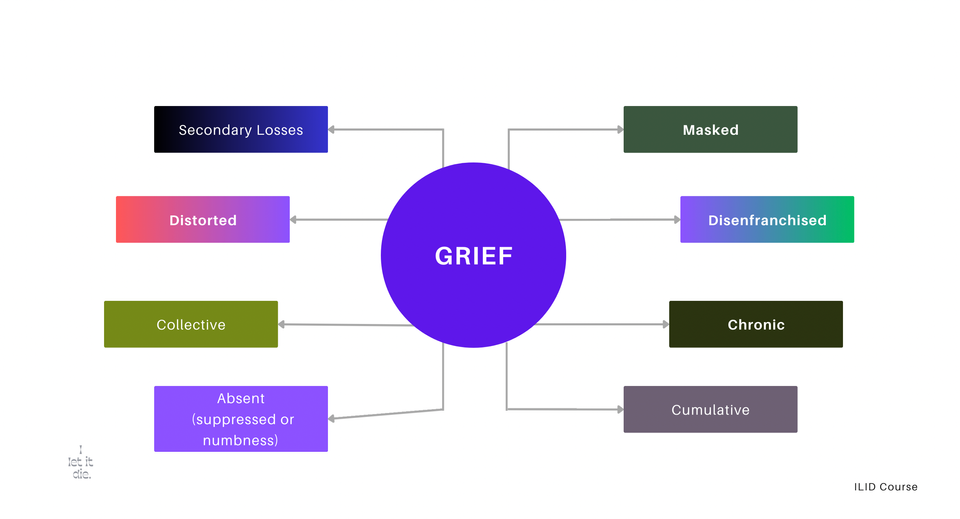
What’s madd fascinating right know is that I've come to see grief as one of the most powerful pathways to aligning with freedom/liberation embodiment and practice. It feels different from the kind of freedom we're often sold - the shiny, happy version that promises to lead us to carefree, soft, luxurious lives. No, the grief work I'm talking about is the gritty, messy, soul-stirring kind that has the power to crack us open and reveal the parts of ourselves we've been conditioned to suppress.
Feels like so much of what we've been taught about grief is that it's something to be overcome, managed, or tucked away in its dedicated compartment. We've learned to code-switch, to present palatable versions of ourselves to the world, to hold our heads and bodies just so, to signal that we are well put together and therefore valuable. And in doing so, we've often had to suppress the very parts of ourselves, personally, culturally, spiritually, that long to be explored and sometimes expressed.
What this grief-is-freedom realization is pointing out is that grief is actually a doorway to radical self-acceptance and the dismantling of the very societal norms that have kept us small. When we're willing to sit with our grief, to slowly excavate the layers of loss and longing, we begin to shed the masks and personas we've created to appease others, or to keep safe enough. Our grief tenderizes us, softening the hardened edges we've built up as a form of protection. Edges that grew into thick, thorny bushes that block out light and exaggerate separation. And in that softening, we make holes in those thick-ass bushes, and catch glimpses of our truest selves - the parts we've been too afraid or too busy to fully face.
It's in this invitation to become a more skilled grieftender that I am learning to honor the rhythms of my body, the whispers of my intuition, and the wisdom of the natural world that’s been around you and me this entire time. As grieftenders in training, we can stop trying to conform to someone else's idea of how we "should" show up, especially as we grieve, and instead, we learn the language and we choose to listen deeply to what our souls are calling for.
Sometimes this type of grief-inspired freedom shows up like honoring the need to yell, to scream, to hear our voices loud and real. Or to adorn ourselves in layers of texture and color that reflect the complexity of our inner landscapes. Or maybe it's the craving to slow down, to sink into the earth, to wail and let our tears nourish the soil - a practice that has been passed down through generations of our ancestors.
Whatever it is, grief invites us to put a middle finger up for societal expectations and step into the fullness of our authentic selves. And here's the thing - when we do this grief work, when we honor the parts of ourselves that have been deemed unacceptable or unworthy, we don't just liberate ourselves. We also create a ripple effect that has the power to transform the very systems and structures that have oppressed us.
Because the truth I see is that grief is not just a personal experience. It's a collective one, woven into the fabric of our communities and our cultures. Fueled by everything from the weather to the government and so many other aspects of living. By embracing our grief, by allowing it to crack us open and reveal our truths, we become beacons of possibility for others who are also yearning and learning to break free.
So, my invitation to you is this: Lean into your grief. Let it be your teacher, your guide, your liberator. Trust that in the depths of your sorrow are seeds of your most authentic self-expression. And know that in doing so, you are not just tending to your own wounds, but contributing to the collective tending and potential healing of those within your circles.

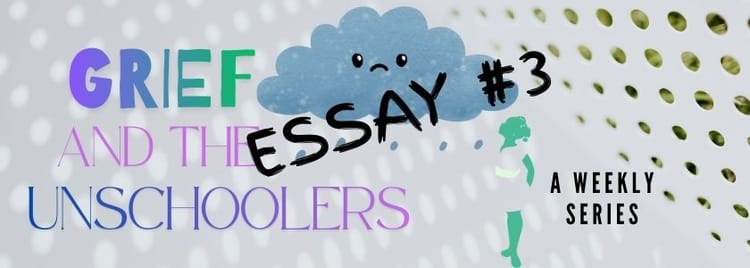
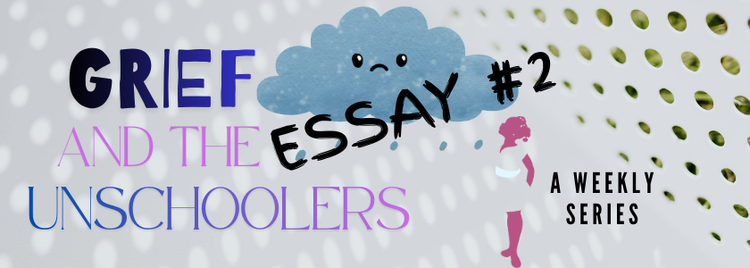
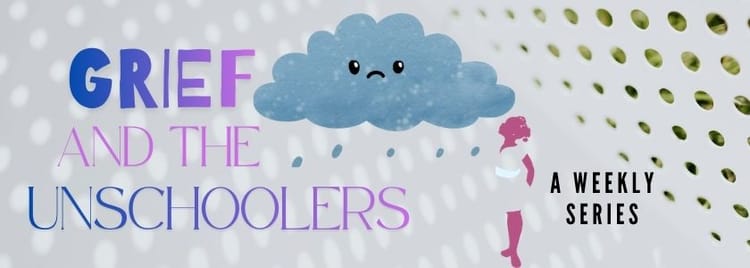
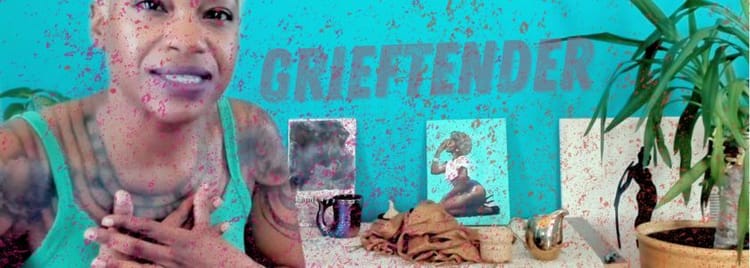
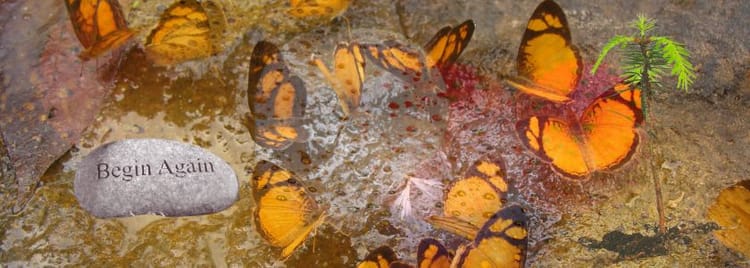
Member discussion